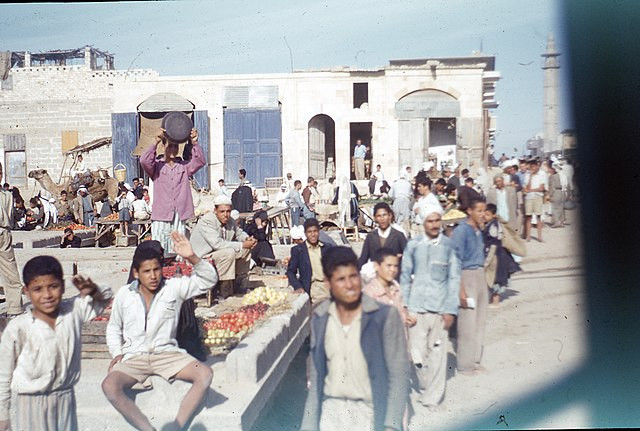In a heart-wrenching narrative from Gaza, the lives of nearly 25,000 Palestinians, predominantly children and women, have been tragically upended by the ongoing war. The recent destruction of Al Israa University, a significant educational institution in the region, further exacerbates the crisis, highlighting the devastating impact on Gaza's infrastructure and future generations.
A senior official from the United Nations, speaking to BBC News, expressed deep concerns about the long-term impact of this devastation. "We are witnessing a crisis that could potentially lead to a 'lost generation' of young people in Gaza," the official stated. The destruction goes beyond the immediate loss of life; it ravages the very foundations of society, including homes, schools, hospitals, and public utilities.
The devastation in Gaza is staggering. According to the United Nations' Office for the Coordination of Humanitarian Affairs (OCHA), about 60% of Gaza's homes or housing units have been either destroyed or severely damaged. The impact on education is particularly distressing, with nine out of ten schools suffering significant harm. This destruction of educational infrastructure is a direct attack on the future of Gaza's children.
Amir Mohammed Al-Najjari, a 22-year-old resident of Jabalia, now living in a makeshift camp near Khan Younis, paints a bleak picture of the situation. "My sister was studying at Al-Quds University, but it was bombed. My brother was finishing school, but his school too faced the same fate," he shared, his voice tinged with despair. Like many others, Amir's academic and professional aspirations have been shattered by the ongoing conflict.
The United Nations Relief and Works Agency (UNRWA) Commissioner General, Phillippe Lazzarini, recently visited Gaza and expressed his deep concern. "Over half a million children in Gaza are now facing an uncertain future. With their schools destroyed and homes in ruins, how can they hope to resume their education?" Lazzarini questioned. "We are at a critical juncture where we risk losing an entire generation to the ravages of war."
The conflict has also taken a toll on Gaza's healthcare system. The World Health Organization reports that only 13 of Gaza's 36 hospitals are operational, many suffering significant damage. This has left the most vulnerable, including cancer patients and infants requiring specialized care, in a precarious position.
Nisreen Abu Nimr from northern Gaza, a cancer patient and mother who lost a child in the bombings, shared her ordeal. "I was receiving regular treatment for my cancer in Gaza, but during the Israeli aggression, I've been without treatment for four months," she revealed, highlighting the dire state of healthcare in the region.
The situation in Gaza is a stark reminder of the consequences of prolonged conflict on civilian populations, especially children. As buildings crumble and futures dim, the international community faces a critical question: how to rebuild not just the physical infrastructure, but the hopes and dreams of a generation on the brink of being lost to the horrors of war.




